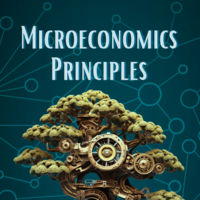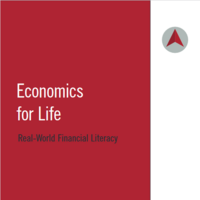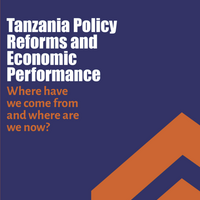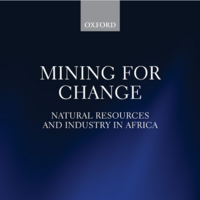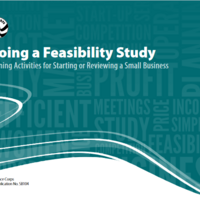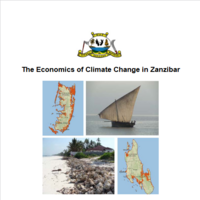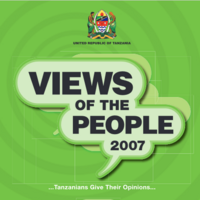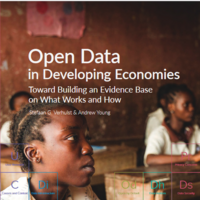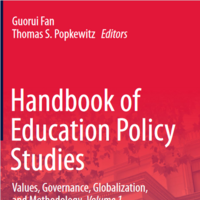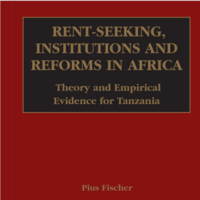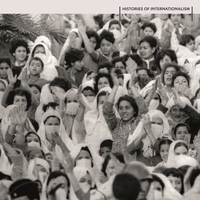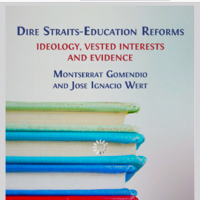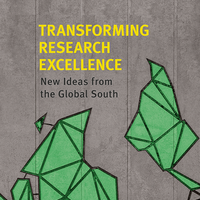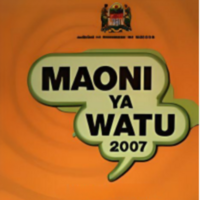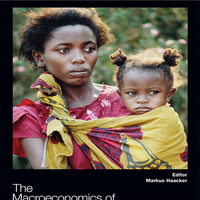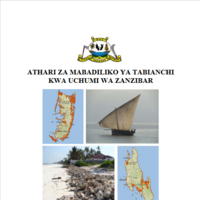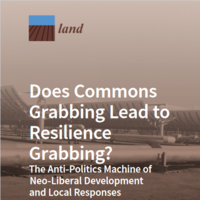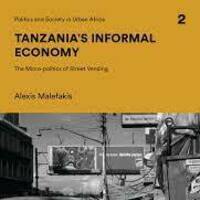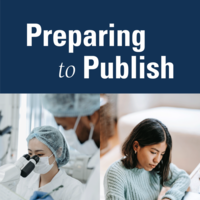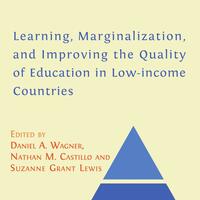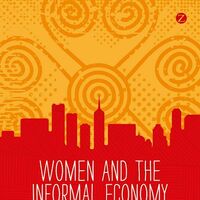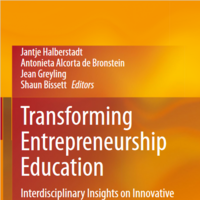Search
Books+
Searching 1,730 books
Search related to the career Economist
How Economists Research
Economists employ various methods to conduct research and analyze economic phenomena. Here are some common approaches they use:
1. Data Collection:
Economists collect relevant data to study economic trends and patterns. They may gather data from official sources such as government agencies, international organizations, or private surveys. Additionally, they might use historical data, conduct experiments, or design surveys to collect primary data.
2. Statistical Analysis:
Economists utilize statistical techniques to analyze the collected data. They employ tools like regression analysis, hypothesis testing, and econometric modeling to identify relationships, test theories, and draw conclusions from the data.
3. Economic Models:
Economists develop theoretical models to understand and explain economic phenomena. These models are simplified representations of real-world situations and help economists make predictions and analyze the impact of different factors on economic outcomes.
4. Literature Review:
Economists review existing research and literature to build upon previous knowledge and identify gaps in understanding. They critically analyze academic papers, books, and reports to stay updated with the latest findings and theories in their field.
5. Policy Analysis:
Economists often engage in policy analysis to assess the potential impact of economic policies. They evaluate the costs, benefits, and unintended consequences of different policy options using economic theories and empirical evidence.
6. Fieldwork and Case Studies:
Some economists conduct fieldwork and case studies to gather firsthand information about specific economic phenomena. They may observe economic behavior, interview individuals or businesses, or conduct experiments in real-world settings to gain insights into economic decision-making.
7. Peer Review and Publication:
Economists submit their research papers to academic journals for peer review. Peer review involves evaluation by other experts in the field to ensure the quality, validity, and rigor of the research. Once accepted, the research is published, contributing to the body of economic knowledge.
8. Collaboration and Conferences:
Economists often collaborate with colleagues and participate in conferences to exchange ideas, receive feedback, and present their research. These interactions foster intellectual growth, encourage interdisciplinary approaches, and promote the advancement of economic research.
9. Policy Recommendations:
Based on their research findings, economists may provide policy recommendations to governments, organizations, or businesses. These recommendations aim to inform decision-making and help address economic challenges or achieve specific goals.
10. Continuous Learning:
Economists engage in continuous learning to stay updated with new economic theories, methodologies, and data sources. They attend seminars, workshops, and training programs to enhance their research skills and broaden their understanding of economic concepts.
Overall, economists employ a combination of data analysis, theoretical modeling, literature review, and policy analysis to conduct rigorous and evidence-based research in the field of economics.
Source: Various AI tools
